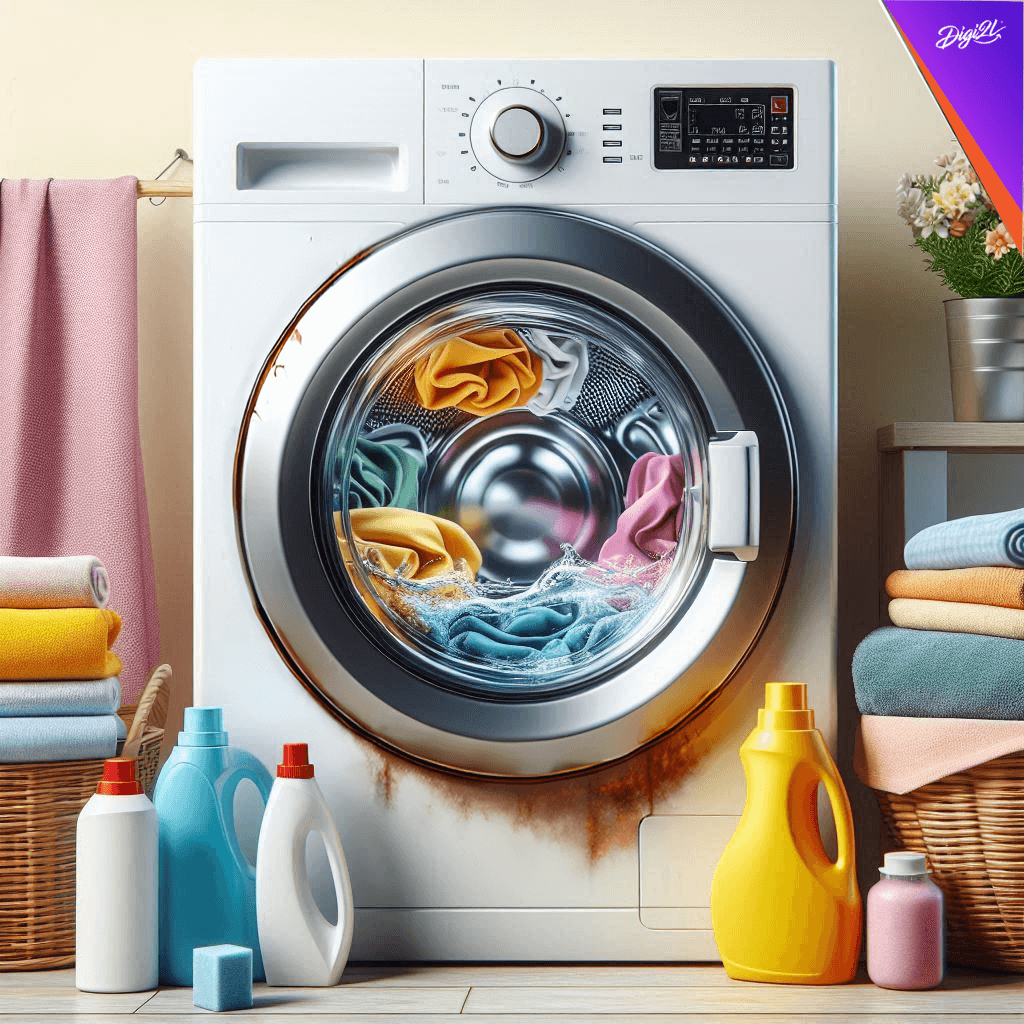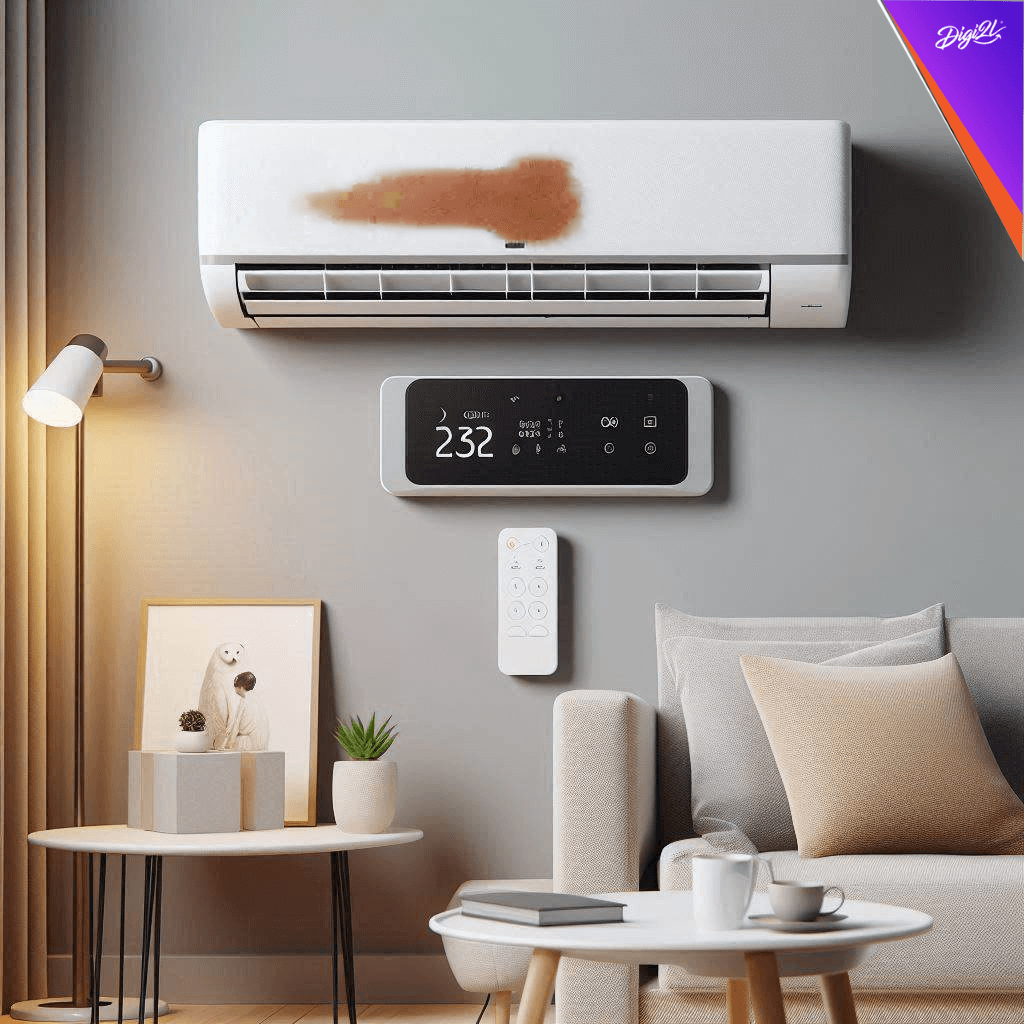
Please Wait ...


Blogs> When Your Refrigerator Falters: Could a Failed Connection Be the Culprit?

Our refrigerators are an essential appliance in our homes, responsible for keeping our food fresh and our beverages cool. However, there are instances when these trusty machines may suddenly stop working, leaving us perplexed. One possible cause that often goes unnoticed is a failed connection. In this blog, we will explore the potential reasons behind a malfunctioning refrigerator and shed light on why a failed connection could be to blame.
Understanding the Inner Workings of a Refrigerator:
Before we delve into the possibility of a failed connection, let’s briefly understand how a refrigerator operates. A refrigerator relies on a complex system that includes a compressor, condenser, evaporator, and various electrical components. These components work together to regulate temperature and maintain a suitable environment for food storage.
Failed Connection: A Hidden Culprit:
When a refrigerator ceases to function, it is natural to assume a major mechanical or electrical issue. However, a failed connection can disrupt the flow of electricity and render the refrigerator inoperative. A loose or disconnected electrical connection can prevent the refrigerator from receiving power, resulting in a complete shutdown.
Identifying the Signs:
Determining whether a failed connection is the cause of your refrigerator troubles requires careful observation. Look for the following signs that may indicate a connection issue:
Complete Power Loss: If your refrigerator shows no signs of life, such as lights or sounds, it could indicate a disconnected power source.
Intermittent Functioning: Does your refrigerator work sporadically, turning on and off without any apparent pattern? This could be a sign of a loose connection that intermittently restores power.
Partial Functionality: If certain components of your refrigerator, such as lights or the ice maker, work while others remain non-functional, it is worth investigating the electrical connections specific to the affected parts.
Taking Action:
If you suspect a failed connection in your refrigerator, it is essential to take appropriate steps to diagnose and resolve the issue:
Power Supply Check: Begin by ensuring that your refrigerator is securely plugged into a functioning electrical outlet. Sometimes, accidental unplugging or power surges can disrupt the connection.
Circuit Breaker Inspection: Check the circuit breaker or fuse that supplies power to the refrigerator. If it has tripped or blown, resetting or replacing it may restore power.
Professional Assistance: If the above steps do not resolve the issue, it is advisable to consult a professional appliance technician. They have the expertise to identify and rectify complex electrical problems in your refrigerator.
Prevention is Key:
To minimize the chances of a failed connection causing your refrigerator to stop working, it is crucial to prioritize regular maintenance. Periodically inspect the electrical connections, ensuring they are secure and free from dust or corrosion. Additionally, scheduling professional maintenance visits can help identify and address potential issues before they escalate.
While a failed connection may not be the first thing that comes to mind when your refrigerator stops working, it is a potential culprit that should not be overlooked. By understanding the signs and taking appropriate action, you can diagnose and resolve connection-related issues efficiently. Remember, timely maintenance and professional assistance are key to keeping your refrigerator running smoothly and your perishables fresh for longer.
Image by macrovector on Freepik

By Digi2L - June 8, 2024

By Digi2L - June 7, 2024

By Digi2L - June 6, 2024